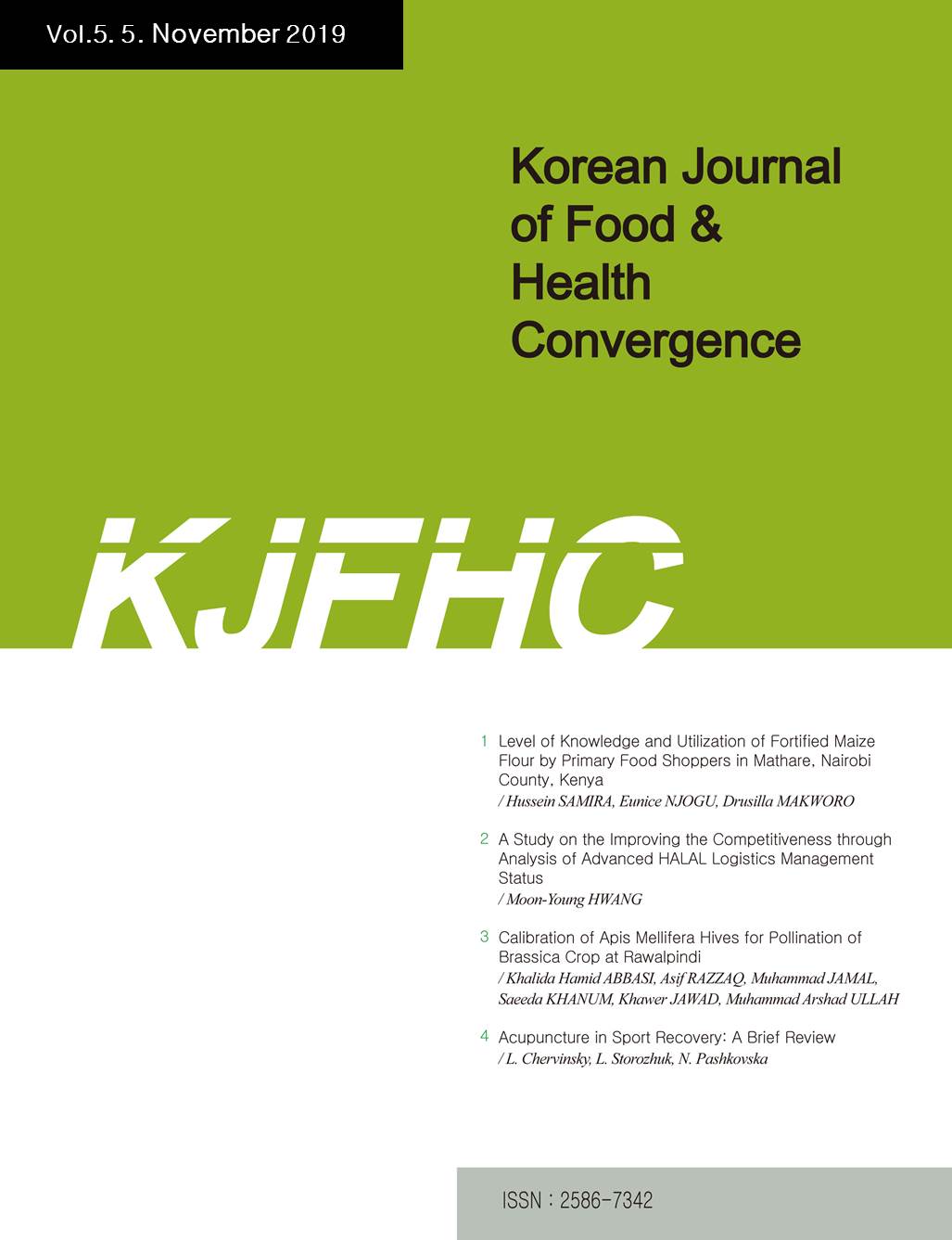 E-ISSN : 2586-7342
E-ISSN : 2586-7342
Vol.10 No.1
Abstract
Purpose: The research aims to address the intricacies of AI and Big Data application within the food industry. This study explores the strategic implementation of AI and Big Data in the food industry. The study seeks to understand how these technologies can be employed to bolster consumer engagement and contribute to market expansion, while considering ethical implications. Research Method: This research employs a comprehensive approach, analyzing current trends, case studies, and existing academic literature. It focuses on the application of AI and Big Data in areas such as supply chain management, consumer behavior analysis, and personalized marketing strategies. Results: The study finds that AI and Big Data significantly enhance market analytics, consumer personalization, and market trend prediction. It highlights the potential of these technologies in creating more efficient supply chains, improving consumer satisfaction through personalization, and providing valuable market insights. Conclusion and Implications: The paper offers actionable insights and recommendations for the effective implementation of AI and Big Data strategies in the food industry. It emphasizes the need for ethical considerations, particularly in data privacy and the transparency of AI algorithms. The study also explores future trends, suggesting that AI and Big Data will continue to revolutionize the industry, emphasizing sustainability, efficiency, and consumer-centric practices.
Abstract
The bakery cafe and dessert industry in Korea is expanding, but it requires continuous innovation to remain competitive and adaptable. Therefore, this study aims to examine the effect of five sense factors on customer satisfaction and relationship continuance intention in Korean dessert cafes. A survey was conducted among 200 consumers who had visited a Korean dessert cafe in Seoul and Gyeonggi Province. Regression analysis was conducted for hypothesis testing, and the research results are as follows. First, among the five sensory factors in Korean dessert cafes, gustatory, visual, and olfactory factors positively impacted customer satisfaction and relationship continuance intention. These results suggest that the taste and presentation of Korean desserts in cafes and the aroma of both the desserts and the café are essential. However, auditory and tactile factors did not impact customer satisfaction and intention to continue the relationship. Second, customer satisfaction improved the intention to continue the relationship. This finding suggests that improving customer satisfaction in Korean dessert cafes positively impacts maintaining customer loyalty. Therefore, operators of Korean dessert cafes should consider gustatory, visual, and olfactory aspects when developing dessert menus and planning the physical environment of their restaurants.
